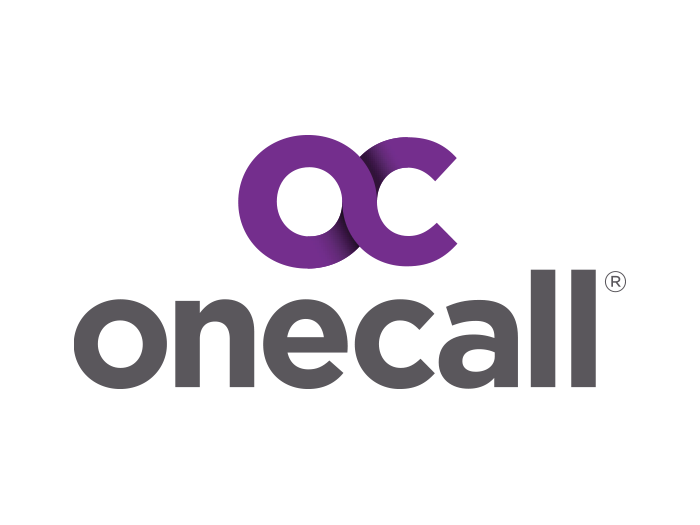Butler’s Risk Manager Calls for a Pandemic Risk Insurance Act
I am the director of the Davey Risk Management & Insurance Program at Butler University. I have spent 20 years working in corporate risk management at large corporations like NCR, Hill-Rom, Hillenbrand Industries and The JM Smucker Company.
I also hold undergraduate and graduate degrees in risk management and insurance, as well as two additional risk management and insurance professional certifications.
As it relates to the current local, state and national coronavirus crisis, I have extensive education and experience dealing with business interruption (BI) insurance, BI losses, contingent business interruption, supply chain mapping, business continuity and pandemic preparedness.
Because of my specialized knowledge and experience, I am writing to warn about a wave of uninsured business interruption and event cancellation losses that I see building in the local, state and national economy.
As more and more entities discover these losses are not insured I believe it has the potential to further destabilize the economy and throw further gas on a fire that needs no more.
Briefly:
- There are exclusions in BI and event cancellation insurance policies for virus, communicable diseases, quarantines, government ordered repatriation, border closings, etc.
- As events in Indianapolis are canceled, universities shuttered, businesses closed, there will also be no coverage for any contingent, or downstream, business interruption losses.
- The Indiana and Indianapolis economies are in for a lot of uninsured losses, and coverage for these perils (to the extent you could buy it before) will be non-existent post pandemic.
- The first domino in the destabilization of insurance markets has fallen. States like New Jersey are considering unilateral action to force the retroactive coverage of BI losses. This would cause insurers to pay for losses they did not charge premiums for, which could bankrupt the insurance industry and/or cause insurers to leave certain markets, states, etc.
I would recommend that Indiana work with the United States Congress and United States Senate to immediately create a Pandemic Risk Insurance Act (PRIA), or amend the Terrorism Risk & Insurance Act (TRIA) to include pandemics and the associated perils.
- A pandemic is like terrorism in that the severity is too high and probability too incalculable to be (re)insurable. An orderly backstop is immediately required.
- A PRIA would simply be an organized way to create a risk pool for a peril that we all better understand now. We need a pre-funded risk pool available that’s fair, organized and underwritten. We need the government to be the bank with other’s premiums, not necessarily tax payer money.
- PRIA is critical for coverage exclusions for virus, communicable diseases, quarantines, government ordered repatriation, border closings, etc. How can Indianapolis be a host city for great events with this level of uncertainty and without that coverage going forward?
Please consider the domino effect as businesses and university’s like Butler suspend operations, cancel events, postpone purchases, delay construction, etc. as they prepare for large uninsured losses that could destabilize or bankrupt many entities.
I strongly believe we can get ahead of this now, and in an orderly fashion create an Pandemic Risk Insurance Act or amend TRIA to include pandemics and associated perils. Either can be designed to cover coronavirus retroactively, while we set up an organized risk pool for future disasters.
Otherwise I fear the bailout of many industries, such as higher education, may be required if this continues much longer.
I am ready, willing and able to serve in any capacity locally or nationally that may be of help in this regard. &










